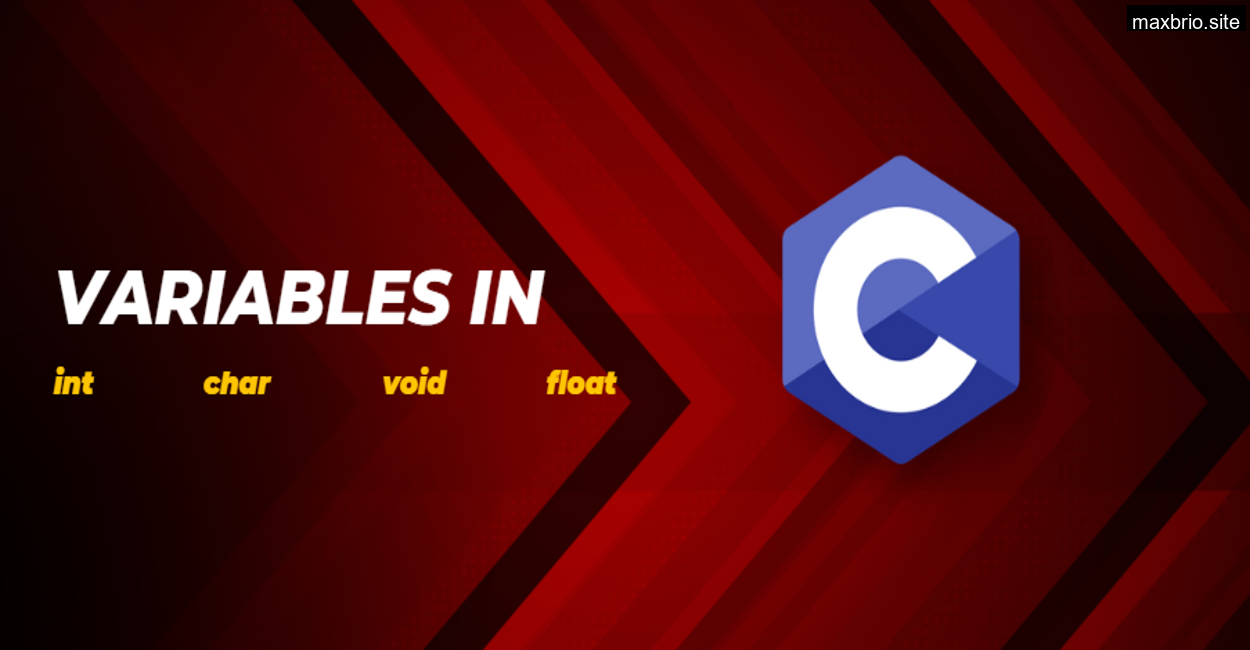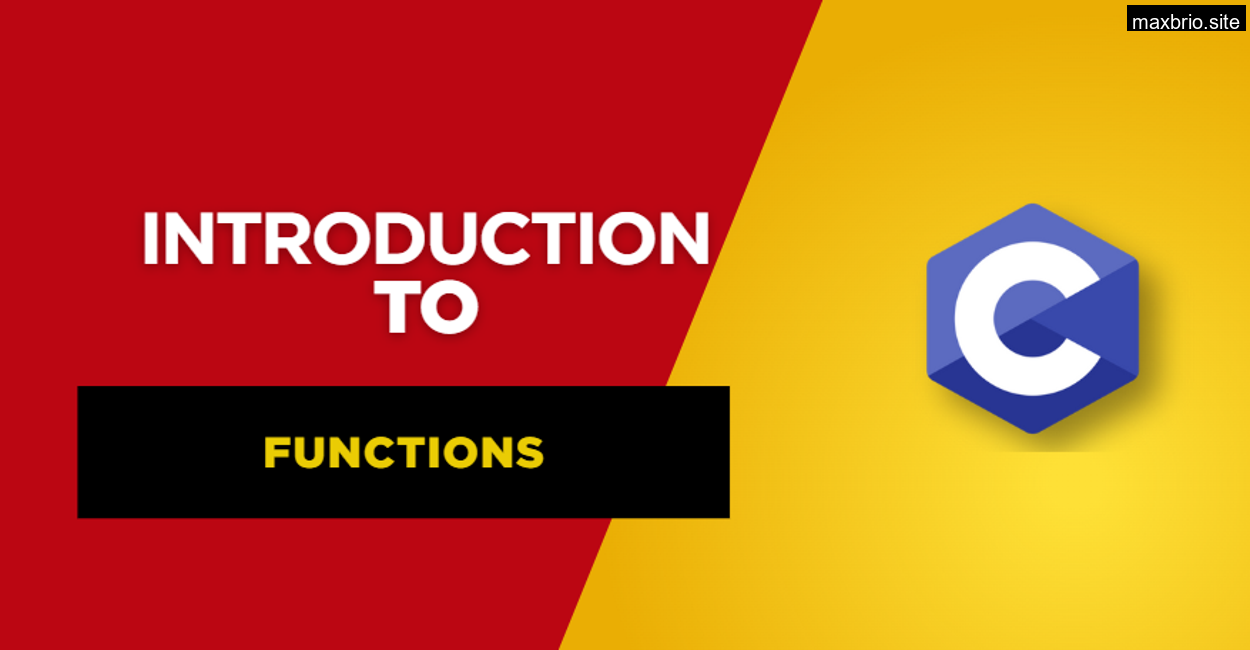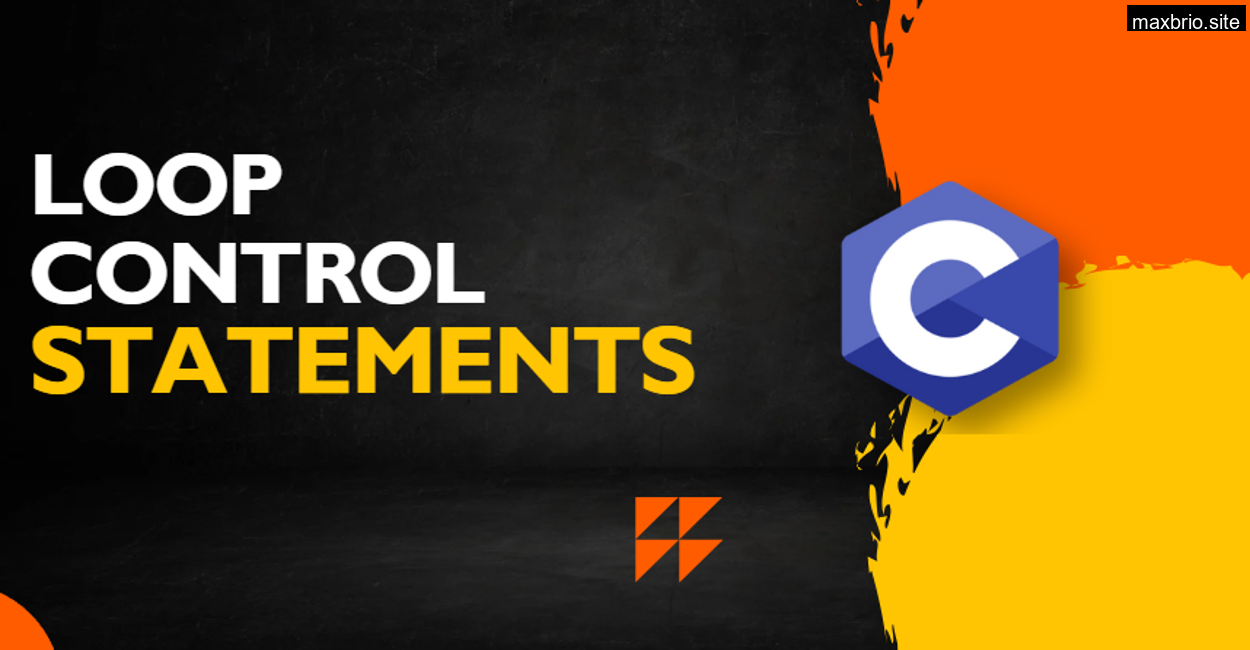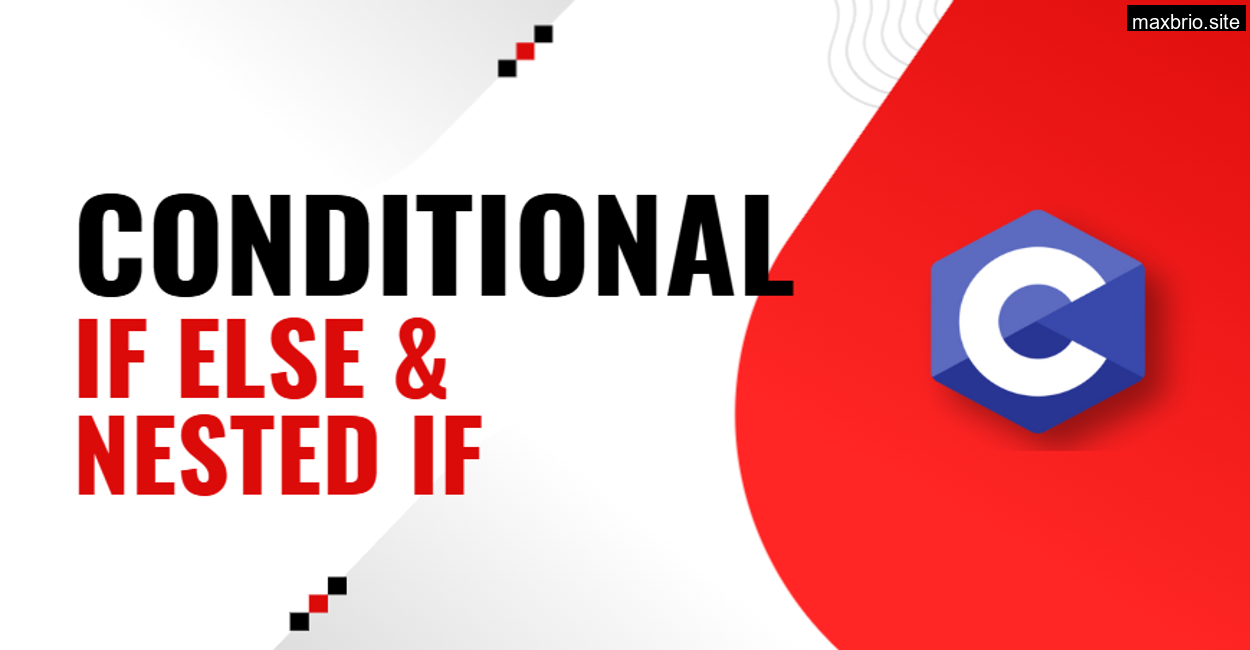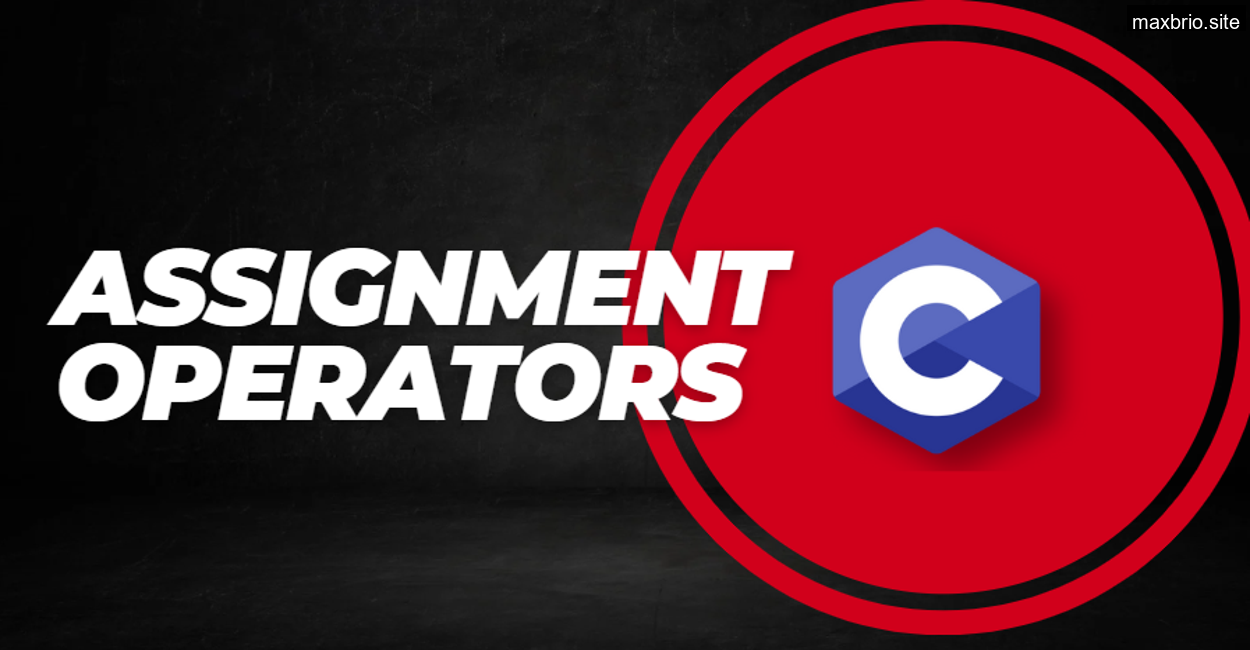There’s a certain hush in the room when I bring out three jars and place them on the table. No laptop, no compiler, no flashy slides just jars. The kind you’d find in your kitchen. One has sugar, one has coffee, and one is empty. I take out a label maker (well, a piece of masking tape and a marker, but let’s not ruin the moment), and I write on it: age.
“Here,” I say, sticking the label onto the empty jar. “Meet your first variable.”
Every time I reach this part in a beginner’s C class, I try to slow things down. By now, most students have already struggled through the curly brace jungle of main() and #include<stdio.h>. They’ve survived their first printf, maybe even typed Variables like int a = 5; without truly understanding what they just did.
But this this is the moment it all clicks.
Turning Concepts Into Objects: The Jar Analogy
“Imagine this jar as a container for a value,” I tell them. “Right now, it’s labeled age. It can hold any integer value like 18, 25, 99. Just like you can put sugar or coffee in a jar, you can assign data to a variable.”
They nod. Someone chuckles. I pour sugar into the jar.
“So if I do this in C: int age = 25; that’s me labeling the jar and filling it with sugar, or rather, an integer value.”
And that’s when I see it: the eyebrows raise. I can tell they’re starting to feel the abstraction melt away. We’re no longer talking about code. We’re talking about something familiar, something they can visualize.
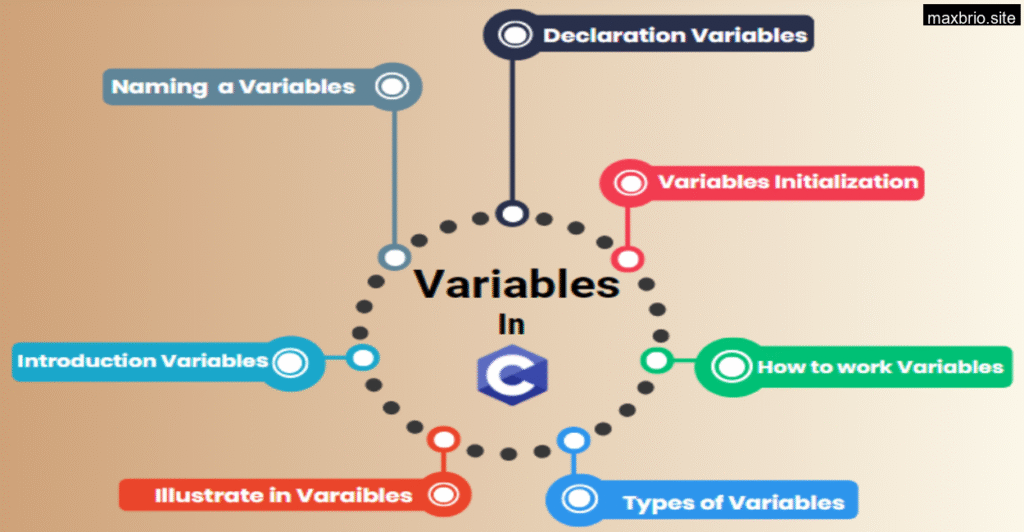
But Why Must We Declare the Type?
This is often the first student question that comes up: Why do I have to tell C the type? Why can’t I just say age = 25; like in Python or JavaScript?
“Because C is like your mom when you were little,” I reply, with a grin. “It wants to know exactly what you’re bringing into the house.”
The room breaks into laughter. But it’s true.
C doesn’t want to guess. When you declare a variable, you’re telling the compiler:
- “Hey, I need a container.”
- “It’s going to be of this size.”
- “It’ll be used for this type of data.”
So when you write:
int age = 25;
float weight = 65.5;
You’re saying: give me memory space for an integer and for a floating point number. Neat, organized, efficient.
I always emphasize: C trusts you, but it doesn’t forgive you. If you misuse that trust by assigning incompatible data types or trying to redefine a variable it won’t crash gently. It’ll scold you with errors that make sense only after you spend three hours on StackOverflow.
Making It Personal: Variables as Identity
Here’s a little exercise I do. I ask each student to declare a variable that represents something about them. Birth year, height, lucky number, mobile digits anything.
int birthYear = 2001;
float height = 5.7;
long phone = 9876543210;
When I started doing this, I realized how powerful personalization can be in teaching. One student named their variable sneakerCount. Another used favCricketerJersey. Suddenly, variables weren’t just dull storage units. They were little reflections of identity and with that, the fear of code began to dissolve.
A Common Mistake: The Curse of Re Declaration
At some point, someone will always write:
int age = 20;
int age = 21;
…and get confused by the compiler’s protest.
“Sir, why can’t I change the value?” they ask.
“You can, but not by declaring it again,” I say. “Memory doesn’t like being confused.”
So I draw two jars on the board. One is labeled age and has 20 in it. The student then tries to declare another age now the system’s confused. Are we asking for a new jar or modifying the old one?
You can modify a variable’s value:
age = 21;
But you can’t redefine it:
int age = 21; // Not allowed after already defining age
This is where I bring in a favorite saying:
“Declare once. Reuse often. Redeclare never.”
Scope: When Variable Names Collide
One day, while debugging a program with a student, we encountered an odd issue. The variable count was showing the wrong value inside a loop. It turned out he had declared another count variable inside a different block.
“Sir, isn’t it the same variable?” he asked.
“Nope. Same name, different world.”
This is how I explain scope:
Imagine you and your cousin are both named Rahul. At your house, if someone says “Rahul”, they mean you. But at your cousin’s place, “Rahul” means him. Same name, different contexts.
In C, variables live inside blocks those curly braced {} sanctuaries. Declare a variable inside a function, and it won’t exist outside it. Declare it inside an if block, and it won’t be recognized outside the if.
Constants: The Unchangeable Jar
Sometimes I ask: “What if you wanted to make sure your jar contents never change?”
That’s when I introduce const.
const int birthYear = 1995;
Now the compiler becomes a guard: if you try to change birthYear, it throws a red flag.
It’s like sealing the jar. You can look at it, use it, even print it but you can’t open it again.
I once made the mistake of forgetting const in a project where I used Pi (3.14) across several calculations. A tiny typo later, I had assigned Pi = 5.1; and didn’t notice for a day. The simulation results were horrendous.
Lesson learned. Pi doesn’t change. Make it const.
Variable Naming: Clarity Over Cleverness
This part is less about syntax and more about style.
I tell my students: Don’t be a code poet when naming variables. Be a code journalist.
Name things clearly. int a, b, c; is fine for a small math example, but in real code?
int totalMarks;
float averageHeight;
char studentGrade;
These tell a story.
I once had a student who loved anime, and every variable in his project had Naruto character names. I smiled when I saw int sasuke; but told him gently, “Remember, your future teammates might not know your fandom.”
He renamed it to int powerLevel;. Fair trade.
The Power of Type
One of the most exciting “a ha” moments in class happens when I show this:
int x = 10;
float y = 2.5;
x = y;
Now I ask: “What’s in x?”
Most students say: “2.5”. But some eyes squint. They know something’s fishy.
Run it, and x becomes 2. Because x is an int, and when we assign a float, the decimal part is chopped off without warning.
This moment always reminds me how important types are in C. You’re working with a language that respects the machine. It’ll help you but it expects you to be careful.
So we talk about type casting, and why this exists:
x = (int)y; // Now it’s clear: we’re consciously converting y to int
Real World Analogy: The Warehouse
When students struggle with the idea of variable size and types, I shift the analogy.
“Think of your computer as a massive warehouse,” I say.
Each type of data is stored in a different sized box:
- char: 1 byte
- int: usually 4 bytes
- float: 4 bytes (but used differently)
- double: 8 bytes
When you declare a variable, you’re asking for a box. The system checks if there’s enough space and assigns that space to your label.
You can’t put an elephant in a shoebox. And you shouldn’t try to store 3.1415 in an int. The result won’t be what you expect.
Grouping Variables: Clean Code Begins Here
Later in the course, I show how to declare multiple variables of the same type in one go:
int mathMarks, scienceMarks, historyMarks;
Or:
float height1 = 5.6, height2 = 5.9;
It’s cleaner. More readable. And saves time.
Some beginners go overboard and write:
int a = 1, b = 2, c = 3, d = 4, e = 5, f = 6, g = 7, h = 8, i = 9;
I gently remind them: your goal is clarity, not line compression. Code is not a tweet.
When Code Gets Real: Student Projects with Variables
One semester, I gave my students a challenge: build a simple BMI calculator using variables.
float weight = 70.5;
float height = 1.75;
float bmi = weight / (height * height);
What amazed me was how quickly they started experimenting. Someone built a tip calculator. Another created a basic voting age checker.
That’s when I knew: they had stopped learning variables and started using them.
That’s a shift every teacher dreams of seeing.
Closing Thoughts: Teach With Tangibility
Teaching variables is like handing out keys. These are keys to memory, to logic, to computation.
But keys alone aren’t enough. Students need to know what doors they open.
That’s why I keep returning to jars, name tags, coffee beans, and water glasses. Because when you anchor the abstract in the real, something magical happens.
They remember. They relate. And more importantly they apply.
So if you’re learning C, or teaching it, here’s my humble advice:
- Give every variable a story.
- Make every assignment feel like a decision.
- And never underestimate the power of a labeled jar on a classroom table.
See you in the next lesson where we take these variables and breathe logic into them with control structures. Until then, assign wisely, name clearly, and code like you mean it.
FAQ
Why do I have to declare the type of a variable in C? Can’t it figure it out like Python?
Nope, C won’t guess because it respects the hardware too much to assume. When you write int age = 25;, you’re not just assigning a value, you’re asking for a very specific type and size of memory space. Think of it like telling your mom exactly what you’re bringing into the house no surprises. Unlike Python, C wants structure, clarity, and trust because it doesn’t forgive careless assumptions.
Why does my program throw an error when I declare a variable twice with the same name?
Ah, the classic “redeclaration” stumble! In C, once you’ve declared int age = 20;, you’re done declaring that variable. If you write int age = 21; again, the compiler gets confuse dare you asking for a new jar or changing the old one? To change the value, just write age = 21; without the int. Declare once, reuse often, redeclare never.
What’s the difference between declaring a variable inside and outside a block?
That’s a matter of scope. Imagine two people named Rahul one at home, one at school. Same name, but they live in different worlds. In C, variable names only live inside their curlybrace {} blocks. So a count variable inside a loop is a different being than one outside. Understanding scope helps avoid mysterious bugs and unwanted shadowing.
Why did assigning a float to an int chop off my decimal value?
Because integers in C are brutally honestthey don’t do decimals. If you write:
int x = 10;
float y = 2.5;
x = y;
You’ll end up with x = 2, not 2.5. C doesn’t throw a warningit just truncates the float. This is why we teach type casting:
x = (int)y;
This makes your intention clear. C loves clarity.
How can I make sure a variable’s value never changes?
Use the const keyword. Writing const int birth Year = 1995; seals the jar you can use it, print it, admire it, but not change it. I once forgot to use const on Pi, and accidentally assigned it 5.1 instead of 3.14 in a simulation. The chaos that followed? Let’s just say: const saves lives. Or at least simulations.
